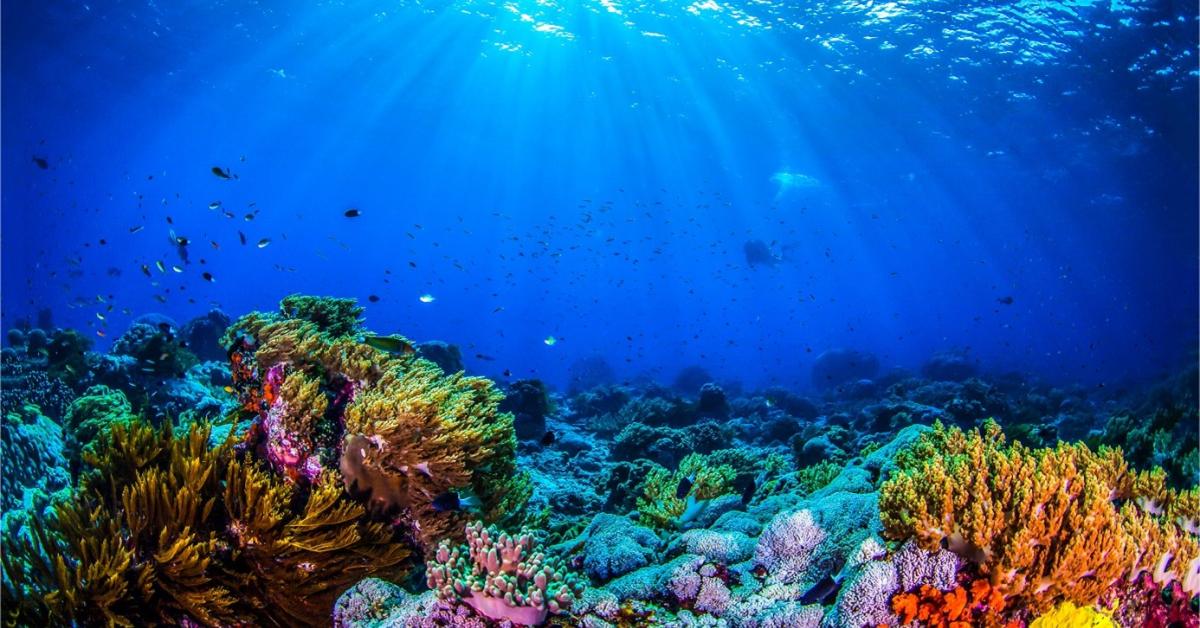Collaborations are key to the work of the UNESCO Chair in Marine Sciences, led by Prof. Vethamony and his team. The chair closely monitors pollution in the Arabian Gulf, focusing on oil, industrial effluents, and microplastics. The aftermath of the major oil spill during the 1991 Gulf War continues to impact the region, with residues still present as “tar mats” affecting local flora and fauna. Additionally, marine and coastal developments in the region have had adverse effects on pearl oyster harvesting and are influenced by the regional meteorological phenomenon of “shamal winds.”
Working in collaboration with private sector entities, the team is engaged in projects aimed at restoring coastal and marine habitats in the Persian Gulf. Mangroves and coral reefs have suffered significant damage due to human activities and climate change. Restoration efforts are essential not only for combating climate change but also for preventing coastal erosion. Artificial coral reefs are being planted, showing promising results as fish populations begin to return.
In addressing concerns about food security, the UNESCO Chair in Marine Sciences is partnering with institutions in Malaysia and Japan on innovative aquaculture research projects. One project focuses on using insect meal as a protein substitute for fish stocks under increasing pressure. Collaborations with UNESCO regional partners aim to promote sustainable ocean practices and encourage young professionals to pursue careers in this field.
As a first UNESCO Chair in marine sciences in the region, Prof. Vethamony is dedicated to strengthening actions in collaboration with UNESCO Chairs on Technical and Vocational Education and Sustainable Development. This collective effort aims to build a sustainable future for the marine environment and inspire new generations of marine conservationists.
The chair’s focus on monitoring pollution has been crucial for raising awareness about environmental degradation caused by human activities such as oil spills, industrial waste disposal, and overfishing. With its emphasis on restoration efforts such as mangrove planting and artificial coral reef creation, it has helped combat climate change while preventing coastal erosion.
Moreover, its innovative aquaculture research projects have addressed concerns about food security while promoting sustainable practices that can lead to economic growth through fisheries industry development.
By working together with private sector entities, academic institutions, regional partners from neighboring countries like Malaysia and Japan as well as other stakeholders from around the world including NGOs working towards marine conservation
